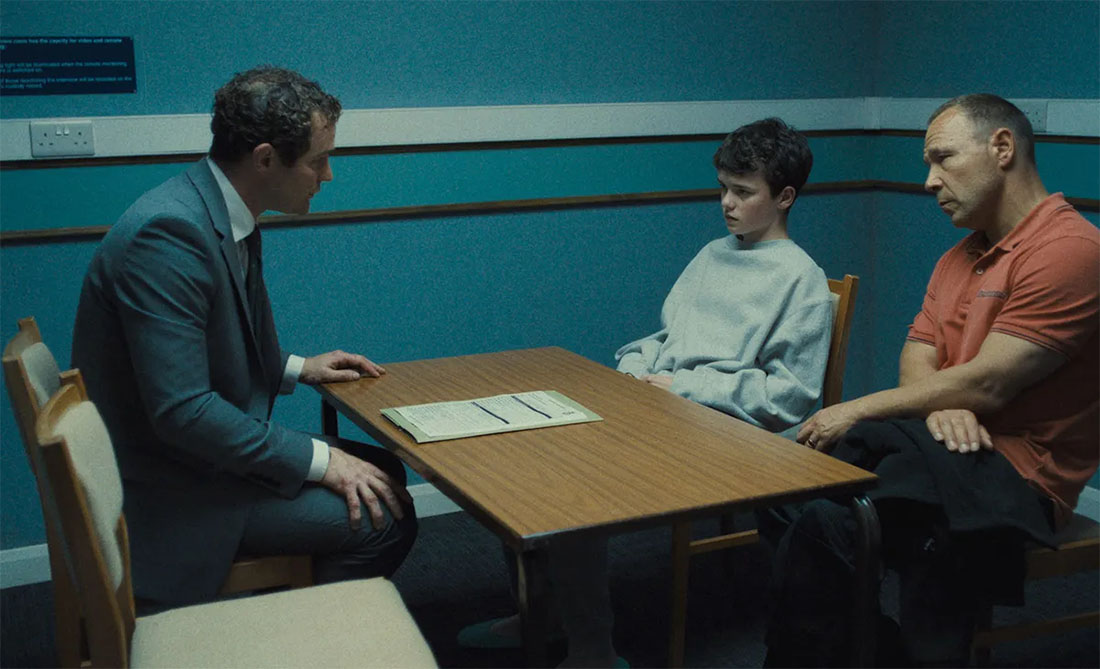
Photo Credit: Getty Images
Jack Thorne, winner of awards for his Netflix series “Adolescence,” has joined the Smartphone Free Childhood (SFC) campaign, which urges parents to refuse smartphones to children until they reach the age of 14. The campaign, launched in February 2024, has already attracted more than 200,000 supporters.
Thorne’s action is a reaction to his concern about the negative effect of early smartphone use on the welfare and welfare of children. His series, “Adolescence,” delves into the darker aspects of online radicalization, presenting how a teenage boy becomes involved with harmful online forums and meets his demise. Such a plot has stirred controversy regarding the influence of digital content on the attitude of youngsters.
The SFC campaign, initiated by parents Clare Fernyhough and Daisy Greenwell, began as a support group for parents choosing to hold off on providing their children with smartphones. The campaign identifies the risks of early smartphone use, including exposure to explicit material, cyberbullying, and mental health consequences. High-profile public figures, including Benedict Cumberbatch and Paloma Faith, have also expressed their support, reflecting growing social concern over children’s online consumption.
Research underlines such apprehensions. An Ofcom report concluded that 89% of UK children aged 12 possess a smartphone, and younger children too are becoming ever more networked. This early usage subjects them to the undesirable influence of the internet.
The British government has come in with the Online Safety Act to hold online social sites liable for ensuring safety from inappropriate content for children. However, critics argue law is insufficient. Ian Russell, a campaigner for internet safety whose daughter tragically died in a situation after witnessing ghastly things on the web, cautions that full-scale bans might be counterproductive. He argues that sweeping measures with education and parental participation involved are required to best safeguard children today. Thorne’s lobbying extends beyond single decisions; he is calling for legislative intervention akin to that applied to regulate such products as cigarettes, an seriousness with which he views the issue. His stance has put policymakers, educators, and parents debating children’s ages for having smartphones and how this would affect raising them more broadly.
The SFC campaign continues to be robust, with communities across the UK in dialogue about digital parenting. Schools and community groups are hosting workshops to educate parents on how to manage children’s screen use and support offline activities. This collaborative action is a reflection of society’s move towards re-evaluating the role of technology in childhood, aiming for healthier, more balanced child experiences.
As the conversation unfolds, Thorne’s participation emphasizes the powerful role of public leaders in promoting children’s welfare. The intersection of media, policy, and grassroots efforts highlights the multidimensional strategy needed to counter the challenges of early smartphone use.
















